
Then, out of nowhere, gridlock. You’ve stopped moving. It’s bumper-to-bumper traffic and you find yourself perfectly perpendicular to Writer’s Block Rd. as the “Do Not Block the Intersection” street sign intensely glares at you. You impatiently tap your finger on the steering wheel as you hope that the light doesn’t turn red, leaving you caught in the middle of the intersection. And if the light does turn red, maybe you’ll get away with this little blunder and there won’t be traffic on the road that you are currently blocking?
Since I may have gotten a little carried away with my allegory, let me sum up and translate my point before I truly lose you.
No matter what genre of writing you do, there are going to be parts of your first draft that are weaker than others. You don’t have a perfectly consistent brain that pumps out an even stream of brilliance. You work at different times, under different circumstances, and while some of your writing may be exactly what you envisioned, there are going to be muddled parts of your text where you struggle to accurately convey your ideas. And are others going to notice? Yes.
Rather than have this thought send you into a frenzy of panic, don’t fret. Writers are often their worst critics and nothing can discourage you more than your own disappointment in yourself. So, first thing’s first: If you notice a lull in your creativity, don’t put pressure on yourself to immediately get back on track. Everything isn’t always perfect on the first try.
It’s counterproductive to be down on yourself, or your writing, if you happen to hit a bump in the road. You’re not meant to drive on Your Vision Blvd. indefinitely.
As Ralph Waldo Emerson wrote in his essay “Self-Reliance,” “A foolish consistency is the hobgoblin of little minds.” Become comfortable with less productive phases of your writing journey. They’ll lead you back to stronger and more relevant ideas. You can learn from the parts of your text that you struggle with.
While the writing process doesn’t need to be consistent, you don’t want inconsistencies or other flaws to remain in your text, either.
So, how do you proceed when you’re in a Writer’s Block Rd. gridlock? The band Journey sings the song “Don’t Stop Believin,’” I say, “Don’t stop writing.” Be patient. After you’ve accepted that you’ve slowed your writing pace and you may need to revisit certain areas of your writing at a later time, make specific notes about “blocked” sections. What were you doing/thinking before your ideas started dwindling? These notes can be about your writing topic or what life circumstances were also affecting you at the time, and they don’t have to make sense; they’re just for you. Simple notes are important not only to keep you physically writing and thinking, but can also be useful when you are inspired again.
I offer three levels of proofreading services because every different piece of writing potentially needs a different type of polishing. My Level III proofreading service caters to writing that needs to be transported from the intersection of Your Vision Blvd. and Writer’s Block Rd. back to the Your Vision Highway. In addition to correcting spelling and grammar errors, I underscore, make suggestions about how to improve, and/or correct incomplete or vague sections of your text.
I love working with writers because it’s my passion to expand on and manipulate others’ ideas—making them clear and brilliant, the way the writer intended. You may have trouble explicitly expressing a concept, but a fresh set of eyes can complete your thoughts. Other times, writers may not realize that their ideas weren’t expressed in the way that they intended. An impartial reader, not the original writer, helps identify these confusing sections of text.
It’s like I always say, writers and editors go together like peanut butter and jelly. Sometimes you just need to add some peanut butter to your strawberry traffic jam.
Get an Editorial Review | Get Amazon Sales & Reviews | Get Edited | Get Beta Readers | Enter the SPR Book Awards | Other Marketing Services











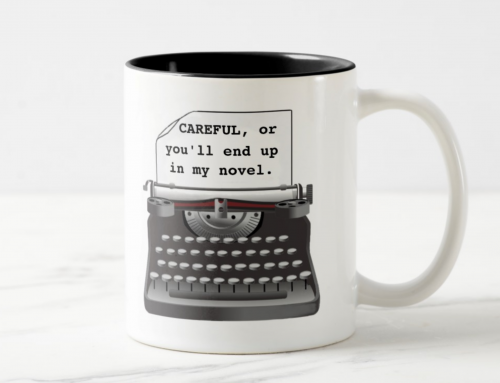
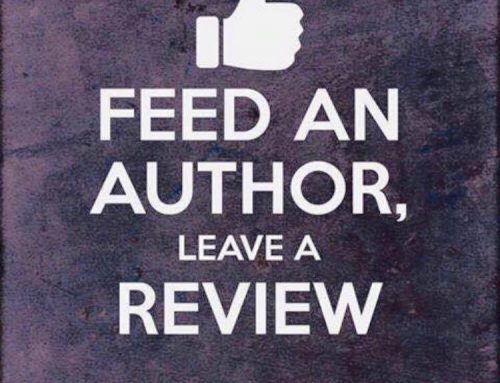
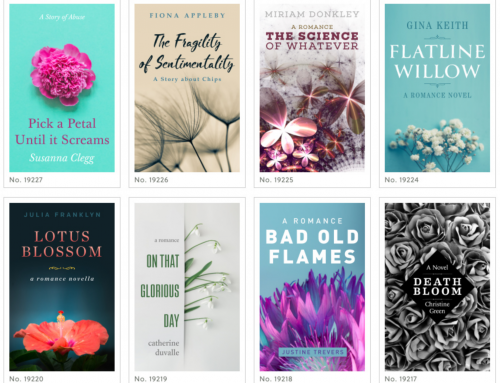

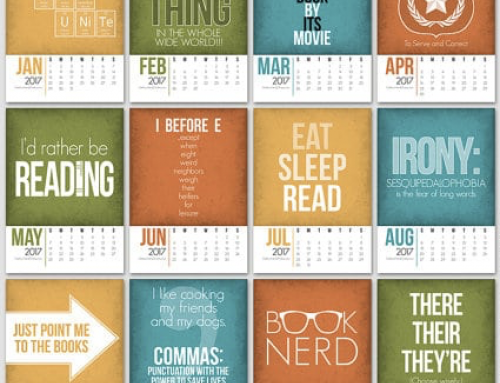

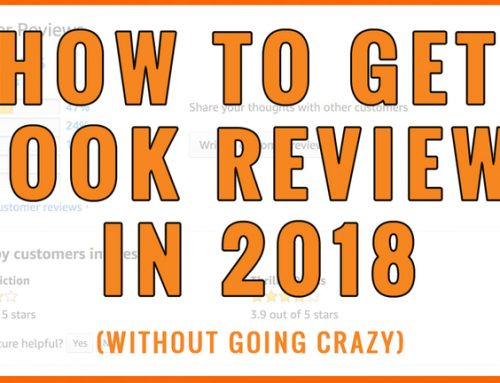



Yeah I think I’m gonna use a proofreading service from now on, whether I’m self-publishing or submitting a manuscript to a publisher. I’m just not good at catching the bumps on my own and I need to accept that.
In regards to Writers Block Rd., my ex-gf is a television writer in LA and she told me about “vomit drafts.” I don’t know if that’s a term exclusive to Hollywood but I like it. Basically, you do a draft to vomit your thoughts into the world. This is a pre-first-draft draft, and it’s expected to be so bad that there will actually be dialog sections like this:
‘He says something really interesting about the UFO sightings.’
Obviously on the next draft you go in and actually write an interesting dialog about the UFO sightings, but for now you’ve vomited your thoughts onto the keyboard and the story can continue spilling out.
The reason I love this is because there’s no threat of Writer’s Block. Just turn on the faucet and don’t worry about whether water or roaches are pouring out as long as something comes out.
Most good writing is really just good editing anyway.
I think I’m paraphrasing Stephen King here: If you have time to wonder if it’s any good then you’re not writing fast enough.
Shane,
I like the idea of the “vomit draft” because it relieves the pressure that essentially causes “writer’s block.” The stress of writing something “good” is gone; the important part is to kick-start your creative energy.
You can’t be afraid of writing nonsense when you start formulating ideas for a first draft/outline. It’s amazing how much of that “nonsense” can help shape really great ideas later on in the writing process or give you inspiration for a different project.
Thanks for the comment! I appreciate your thoughts!
Stefanie